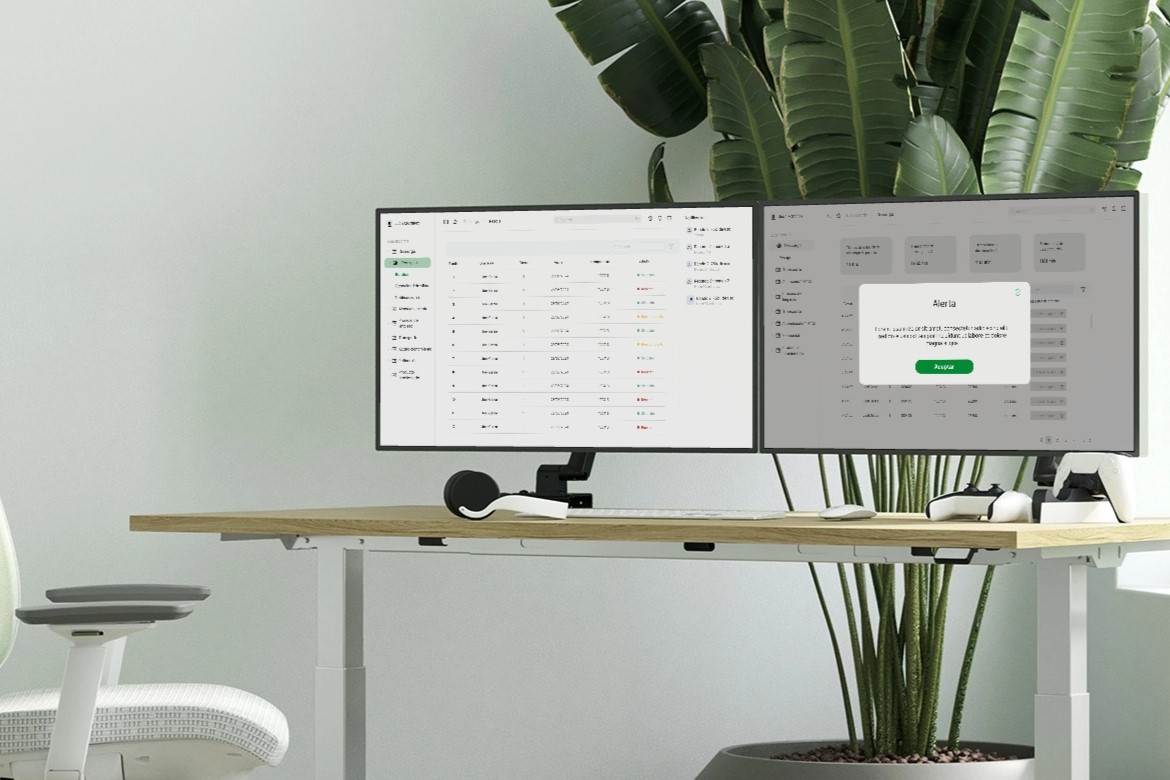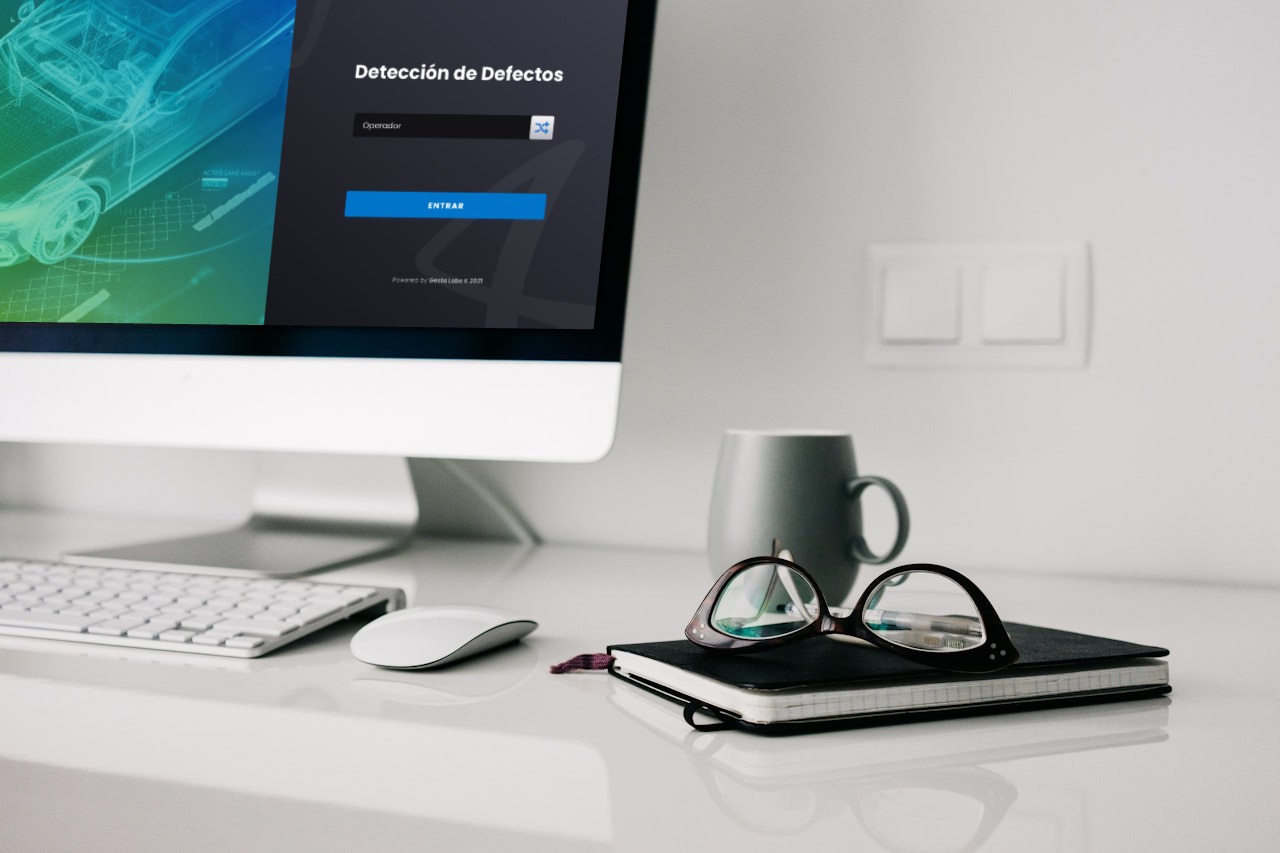Online Appointment System for Banco Azteca
Banco Azteca, a financial institution part of Grupo Elektra and Grupo Salinas, aimed to digitalize customer service by implementing an online appointment system. This project intended to streamline how customers schedule and receive services, reducing the need for physical queues and enhancing overall customer experience.

Objective
Digitalize the process of scheduling appointments with bank advisors for service inquiries and clarifications. Replace the manual queuing system with an online form where customers can choose their visit date and specify services of interest.
Tools Used
- Analysis and Planning: Fijam (benchmarking and roadmap analysis)
- Design: Figma (low and high-fidelity wireframes, design system, prototyping)
- Project Management: Jira (priority organization)
- Communication: Microsoft Teams (collaboration with development, QA teams)
Project Details
Challenges and Objectives
- Digitalize the manual queuing system to improve customer experience and efficiency
- Create an easy-to-use online system for scheduling appointments and specifying service needs
- Integrate communication through WhatsApp for seamless updates and reminders
- Ensure the system is accessible both online and in-branch via QR codes

Design Process
- Research and Benchmarking Conducted extensive research on existing appointment scheduling systems in the banking sector, analyzed competitors, and identified key features and best practices to incorporate into the project. Mapped out the customer journey to identify pain points and opportunities for improvement
- Wireframing Created low-fidelity wireframes to outline the basic structure and flow of the online appointment system, developed high-fidelity wireframes for both desktop and mobile platforms, ensuring a responsive design, designed a landing page with a clear entry point from the main Banco Azteca website, guiding users to the appointment system
- Prototyping and Design System Developed interactive prototypes to demonstrate the functionality and user interactions. Created a comprehensive design system using atomic design principles to ensure consistency and reusability of components. Ensured the design was visually aligned with Banco Azteca’s brand identity
- Integration with WhatsApp Implemented a communication flow where users receive appointment confirmations, reminders, and updates via WhatsApp. Designed templates for WhatsApp messages to ensure clarity and consistency in communication
- QR Code System for In-Branch Users Created a QR code system that customers can scan upon entering the bank branch. Developed a mobile-friendly form that users can fill out to schedule their appointment and specify service needs. Integrated the QR code system with the main appointment scheduling system to provide a seamless experience

Key Features:
Responsive design optimized for both web and mobile users. Festive theme to attract customers with easy navigation. Simple and intuitive steps to browse products and complete purchases. Multiple delivery options clearly presented
Project Outcome:
The online appointment system successfully digitalized the manual queuing process, significantly improving customer experience and operational efficiency. User feedback indicated a high level of satisfaction with the new system, noting its ease of use and the convenience of WhatsApp communication. The integration of the QR code system provided a seamless in-branch experience, further enhancing customer satisfaction
Learnings:
Gained experience in designing and implementing digital appointment systems. Improved skills in remote project collaboration and communication using Microsoft Teams. Learned the importance of integrating user feedback and iterative testing to refine the user experience

Conclusion
The project demonstrated the value of digital transformation in the banking sector, highlighting the importance of user-centered design and seamless integration of communication channels. Key challenges included ensuring the system was user-friendly and managing remote collaboration effectively. Future iterations could explore additional features such as personalized service recommendations and real-time status updates. Advice for future projects: prioritize user feedback, maintain close communication with the development team, and ensure a seamless user experience from online to in-branch interactions
User persona:
These are user persona profiles, a commonly used tool in UX/UI design to represent typical users of a product or service. User personas are created to help designers better understand the needs, desires, behaviors, and frustrations of users. Each profile includes detailed information


Empathy Map:
This is an Empathy Map, a UX/UI design tool used to understand and visualize what users think, feel, say, and do in relation to a product or service. This type of map helps designers put themselves in the user's shoes, capturing a holistic view of their experience.

Usability test report:
This is a usability test report for a service that schedules preferential appointments. The report provides a detailed view of the experience of users who participated in the test, including their demographic distribution, behavior during the test, and the test's success metrics.











